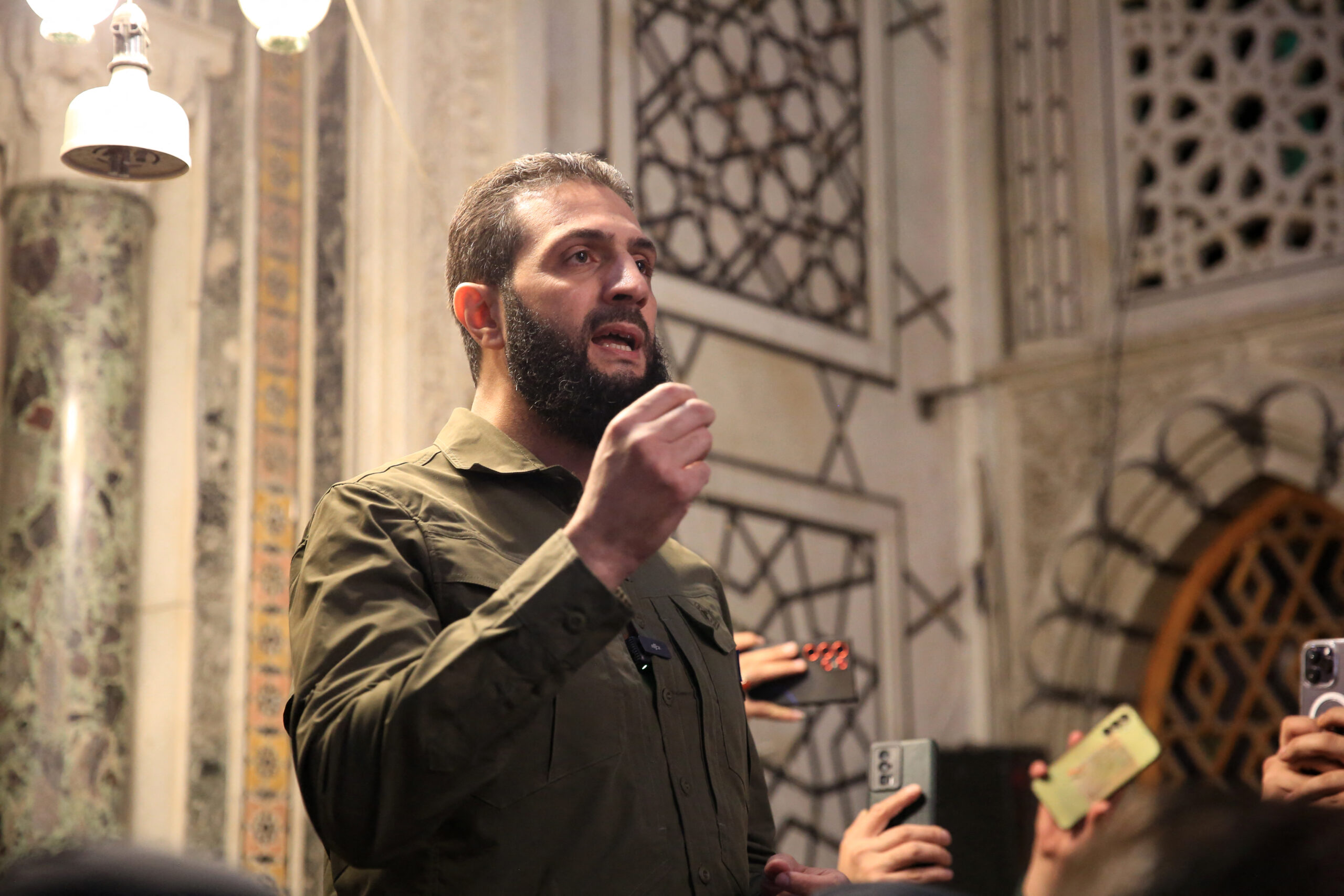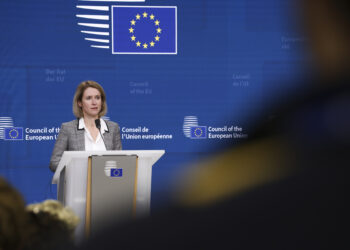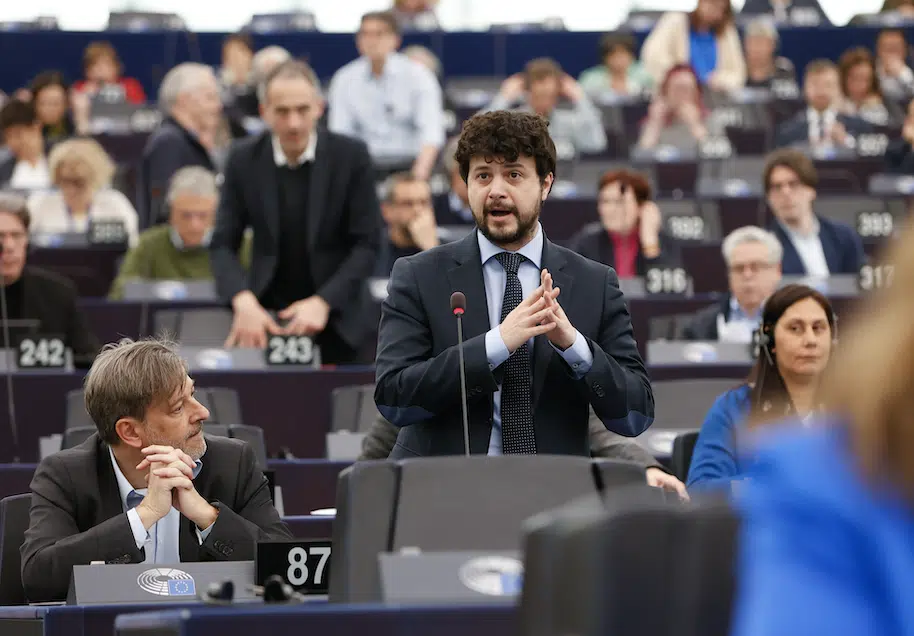Brussels – The time is ripe to revive relations between the European Union and Syria. In practical terms, this means, at least for the time being, starting a “gradual easing” of the sanctions regime on Damascus for over a decade. The EU High Representative for Foreign Affairs, Kaja Kallas, announced today (Jan. 24) that “the first decisions will be taken on Monday” at the EU Foreign Affairs Council.
As a senior EU official confirmed, next January 27, the foreign ministers of member countries “could reach a political agreement on lifting several sectoral sanctions.” More precisely, a “suspension” of them because Brussels is planning to insert some “back-up mechanism” with which to reinstate restrictive measures if post-Assad Syria takes a “wrong direction.” At a press conference in Ankara together with Turkish Foreign Minister Hakan Fidan, Kallas summed it up this way: “We want to support the economic recovery of the Syrians, and the EU is ready to ease sanctions on Syria, conditional on the actions of the new government.”
More than 40 days after the collapse of the regime, the first moves by the leader of the Hay’at Tahrir al-Sham (HTS) militia, Ahmed al-Sharaa, aka Abu Mohammad al-Jolani, allow for some optimism. The amnesty for former regime soldiers, meetings with members of Syria’s religious communities and civil society, the willingness to disband all militias (including HTS) and convene a conference tasked with drafting a new constitution. “In principle,” estimated a senior European External Action Service official, “things are moving in the right direction, slowly but successfully. Just enough to start at least suspending sanctions “really necessary to start rebuilding the country,” Kallas confirmed from Ankara.

Anything related to the arms embargo, the transfer of technology that can be used to control the population, or dual civilian-military use will definitely not be called into question for now. “If we see that the steps of the Syrian leadership are going in the right direction, then we will be willing to ease the next level of sanctions,” the High Representative said.
The conditions placed by the EU on Damascus are the guarantee of an inclusive government, a “serious discussion” on the new constitution, and future elections with UN monitoring. Brussels has also reportedly “already conveyed to the new authorities” the urgency of “freeing itself of the foreign presence in the country.” Of “at least three states, and one is Russia.” The other two regional players that have historically pursued their own interests in Syria are Iran and Turkey. However, in the latter case, the EU is not vocal. On the contrary.”The future of Syria also passes through Turkey,” Kallas said at a press conference, calling Ankara’s military interventions in the Kurdish-led country’s northeast “legitimate security concerns.” Brussels and Ankara would “agree that Isis must be kept under control and that any action in northern Syria must take into account a delicate balance for Syria’s hopeful and fragile future,” Kallas concluded.
English version by the Translation Service of Withub








